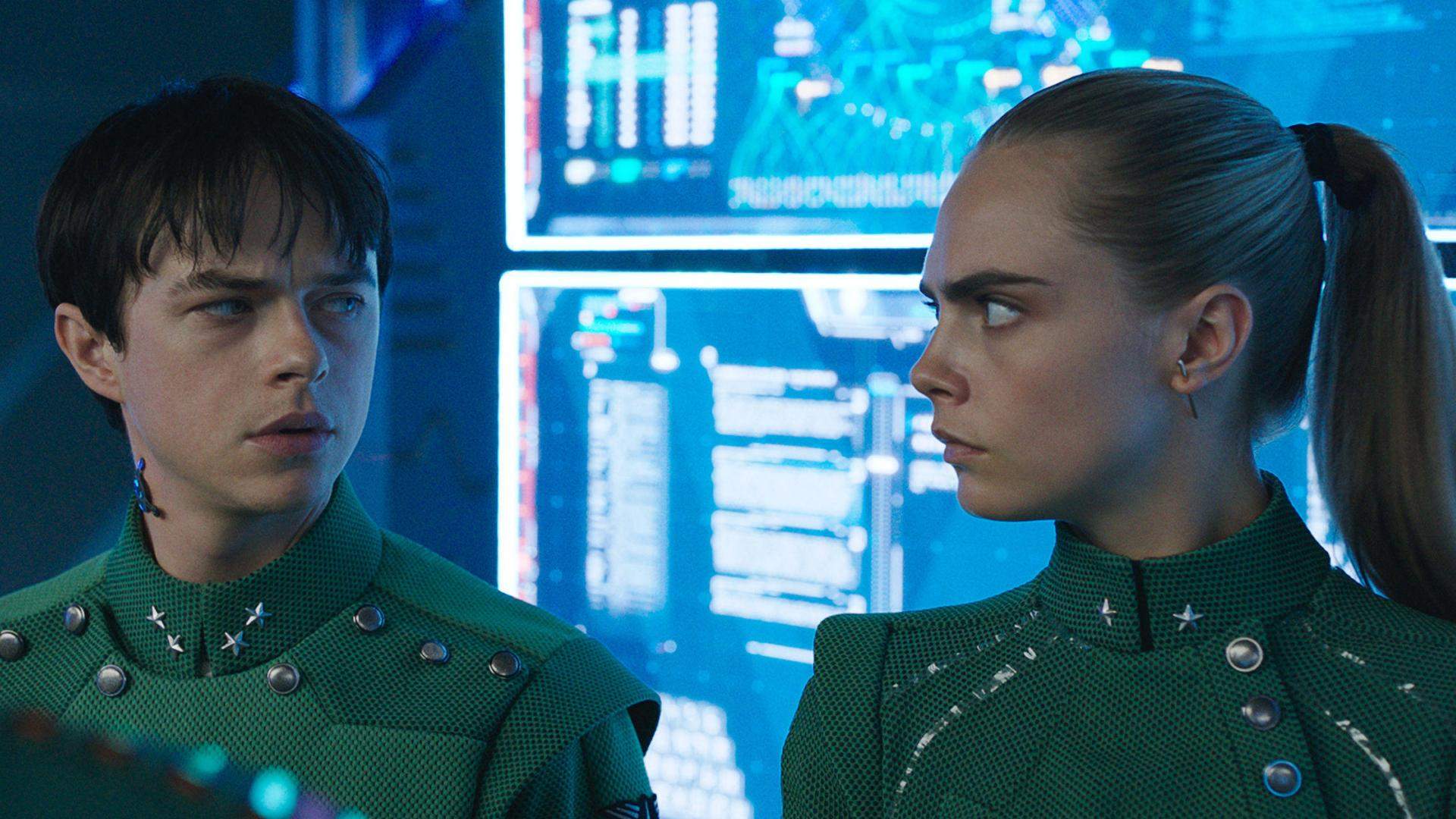Valerian and the City of a Thousand Planets
What Luc Besson's sci-fi epic lacks in plot it makes up for in eye-popping spectacle.
Overview
It was true 20 years ago and it's still true today: if you're going to take a bright, bold and utterly outlandish trip into a futuristic vision of space, you really want to take it with Luc Besson. Two decades after the French filmmaker rode a multi-pass to sci-fi space opera infamy with The Fifth Element, he's back doing what he does best. And while Valerian and the City of a Thousand Planets can't quite match its cult classic predecessor, it has a vivid, energetic and involving time trying to do so.
This isn't just a case of same director, same tricks, however. While there's much that looks and feels familiar about this account of intergalactic cops on an interstellar adventure, Besson is adapting one of his strongest sources of inspiration rather than simply reliving past glories. That'd be '60s French-Belgian comic Valérian et Laureline, which the writer-director first discovered as a kid, and which clearly left an imprint on his aesthetic. It also reportedly influenced the original Star Wars, though George Lucas' flicks didn't feature Rihanna as an enslaved blue blob who shape-shifts while singing and pole-dancing. More's the pity.
As great as a film about the scene-stealing pop star would be, she's not the main point of focus. Instead, the decidedly human Valerian (Dane DeHaan) and his partner-in-crime Laureline (Cara Delevingne) take centre stage. He's laid-back (but still law-abiding), while she's a feistily determined risk-taker. It's the 28th century, and they're enjoying a simulated stint at the beach while they hurtle towards their next mission. But Valerian's virtual sun and sand is interrupted by a vision of a similarly scenic planet in peril. When the duo is charged with recovering a highly coveted converter that can replicate any substance en masse, they discover the link between Valerian's dream, the task at hand, and the fact that colossal space station Alpha — a meeting place for all of the galaxy's inhabitants — is under threat from unknown enemies.
With Clive Owen's megalomaniacal military chief, Ethan Hawke's slimy pimp, and a vast array of extra-terrestrial lifeforms all part of the action — to say nothing of inter-dimensional shopping, psychic jellyfish, genocide, government conspiracies and repeated marriage proposals — any description of Valerian's plot is going to sound over-the-top. And for the most part, that's how it plays out on screen. That said, just as this is a story about breaking the rules in the name of peace, love and understanding, Besson shows that he too is willing to break with convention behind the camera. "Style over substance" is the usual cry when a film pairs eye-popping visuals with a scant or silly plot. But Besson wears the label like a badge of honour, gleefully demonstrating that a barely convincing narrative and nearly two hours of sci-fi spectacle can still entertain.
Of course, that's often the space opera's lot. Dune, John Carter, Jupiter Ascending — they've all been there and done that in engaging (albeit divisive) fashion. It's also a genre of film that's often more concerned with appearance and atmosphere than performance, though DeHaan does a great early '90s Keanu impression (whether knowingly or not), and Delevingne proves a beguiling presence, constantly rolling her eyes. Ultimately, they're like the people you meet on holiday. You won't mind spending time with them, but you're more interested in just taking in the sights.





